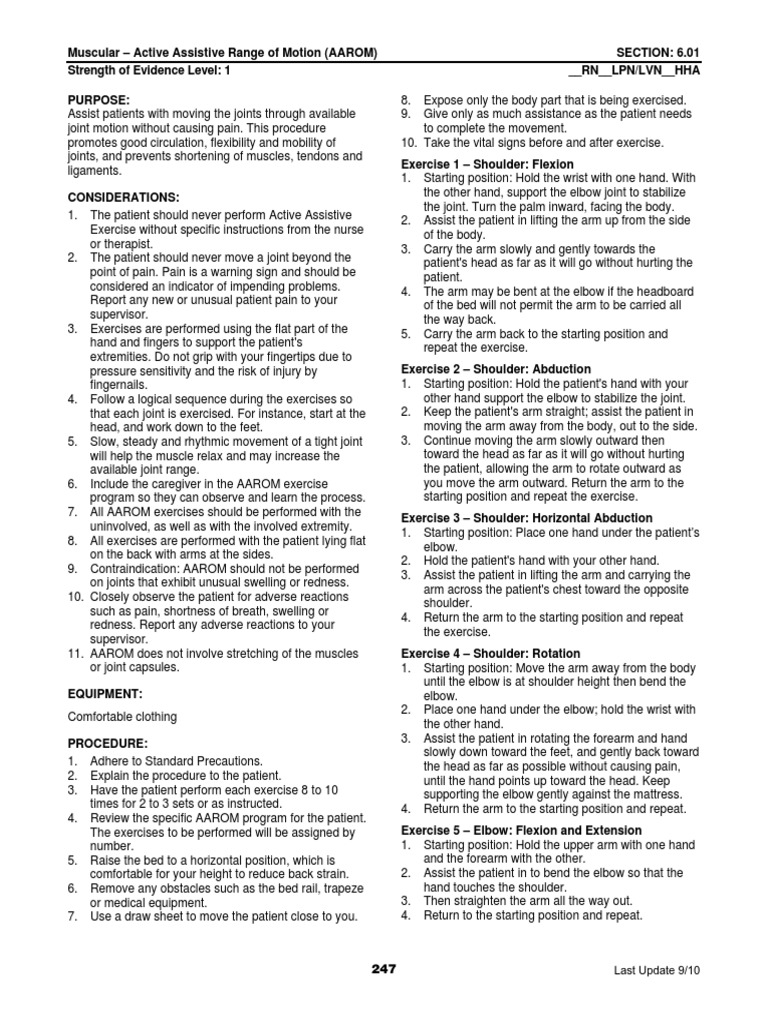10 Denture Tips For Easy Eating
The world of dentures can be a daunting one, especially when it comes to eating. Whether you’re a seasoned denture wearer or just starting out, navigating the complexities of mealtime can be a challenge. In this comprehensive guide, we’ll delve into the top 10 denture tips for easy eating, covering everything from preparation to troubleshooting.
1. Choose the Right Foods
Eating with dentures requires a strategic approach to food selection. Initially, it’s advisable to stick to soft foods that are easy to chew and swallow. These can include yogurt, scrambled eggs, mashed potatoes, and soft fruits like bananas or avocados. As you become more comfortable, you can gradually introduce heartier foods into your diet. However, it’s essential to avoid foods that are too hard, sticky, or brittle, as they can cause discomfort or damage to your dentures.
2. Practice Eating
Practice makes perfect, especially when adjusting to dentures. Start with small meals and gradually increase the size as you become more confident. Practicing in front of a mirror can help you become more aware of your chewings and ensure that your dentures are staying in place. Additionally, eating slowly and mindfully can help you better adjust to the feeling of dentures in your mouth.
3. Cut Food into Small Pieces
Cutting your food into small, manageable pieces can significantly ease the eating process. This technique reduces the amount of chewing required, making mealtime less daunting. Furthermore, taking small bites allows you to gauge your comfort level with each food type, helping you to identify what works best for you.
4. Use the Right Utensils
The utensils you use can make a difference in your eating experience. Opting for utensils with larger, easier-to-grip handles can provide more control and confidence while eating. This is particularly beneficial for individuals with dexterity issues or those still adjusting to the sensation of wearing dentures.
5. Lean Forward While Eating
A simple yet effective tip is to lean forward slightly while eating. This position helps prevent food from falling out of your mouth and reduces the risk of choking. It also allows you to better manage your dentures, ensuring they remain securely in place throughout your meal.
6. Chew Slowly and Evenly
Chewing slowly and evenly is crucial for comfortable eating with dentures. This approach not only helps in breaking down food properly but also aids in preventing the dentures from shifting out of place. Focusing on chewing your food thoroughly can enhance your dining experience and reduce potential discomfort.
7. Stay Hydrated
Drinking plenty of water is essential for overall health, and it’s particularly beneficial for denture wearers. Adequate hydration helps keep your mouth moist, which can reduce irritation and make wearing dentures more comfortable. Additionally, water can aid in the digestion of food, further enhancing your eating experience.
8. Clean Your Dentures Regularly
The importance of cleaning your dentures cannot be overstated. Regular cleaning helps remove bacteria, plaque, and food particles that can accumulate and cause discomfort or infection. Using a soft-bristled toothbrush and mild soap, gently clean your dentures after each meal. Soaking them in a denture cleaning solution as recommended by your dentist can also help maintain their quality and your oral health.
9. Attend Follow-Up Appointments
After receiving your dentures, it’s crucial to attend all scheduled follow-up appointments with your dentist. These visits allow your dentist to assess how well your dentures are fitting and make any necessary adjustments. Ensuring a proper fit is vital for comfortable eating and overall satisfaction with your dentures.
10. Consider Denture Adhesives
For some, using denture adhesives can provide an extra layer of security and comfort. These products can help keep your dentures in place, reducing movement and irritation. However, it’s essential to consult with your dentist before using any adhesive to ensure it’s the right choice for your specific needs and type of dentures.
Conclusion
Adjusting to life with dentures takes time and patience, but with the right strategies and mindset, you can navigate the challenges of eating with ease. By following these 10 denture tips, you can enhance your dining experience, improve your comfort, and enjoy a wider variety of foods. Remember, every individual’s journey with dentures is unique, and what works for one person may not work for another. Staying open to trying new foods, techniques, and products, along with regular dental check-ups, will be key to your satisfaction and comfort with your dentures.
FAQ Section
How long does it take to get used to eating with dentures?
+The time it takes to adjust to eating with dentures varies from person to person. Generally, it can take a few weeks to a few months to become comfortable. Practice, patience, and following the tips outlined can significantly ease the transition.
Can I eat any type of food with dentures?
+While dentures offer a lot of freedom, there are certain foods that are best avoided or approached with caution, such as very hard, sticky, or brittle foods. It's also a good idea to cut your food into smaller pieces to make eating easier and more comfortable.
How often should I clean my dentures?
+Cleaning your dentures after every meal is highly recommended. Use a soft-bristled brush and mild soap to remove any food particles. Additionally, soaking your dentures in a cleaning solution as advised by your dentist can help maintain their quality and your oral health.
In conclusion, living with dentures requires a combination of patience, the right strategies, and professional guidance. By embracing these tips and staying committed to your oral health, you can significantly enhance your quality of life and enjoy a wide range of culinary delights with confidence and comfort.

